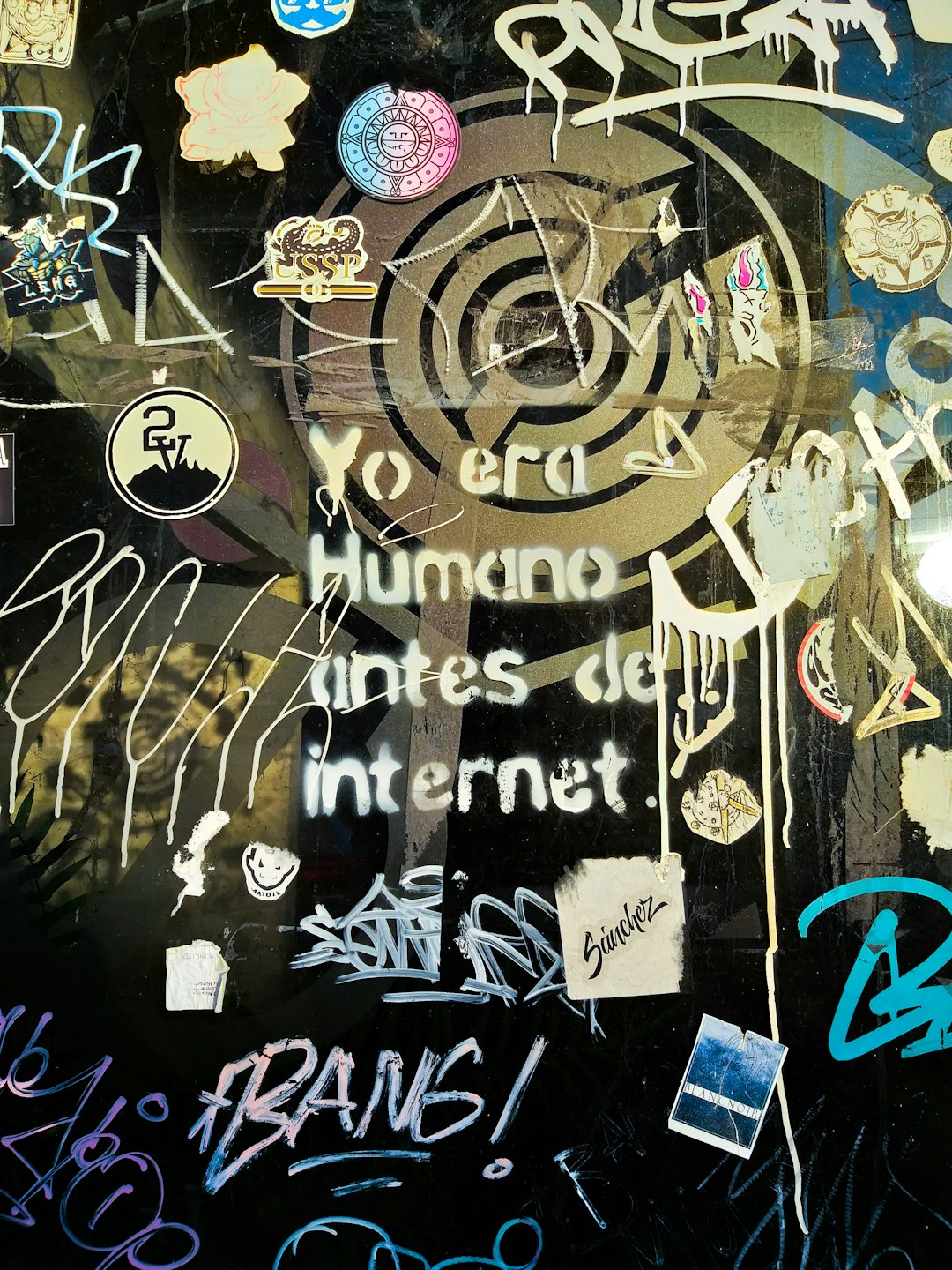Have you ever received a message that reads “TFTI” and wondered what it means? In the fast-paced world of texting and online chats, abbreviations and acronyms are the norm. TFTI is one of those shorthand expressions that can leave you scratching your head if you’re not familiar with texting lingo. But don’t worry—we’re here to break it down for you.
TFTI stands for “Thanks For The Invite.” However, context is everything. Despite its seemingly polite wording, TFTI is often used sarcastically rather than sincerely.
Understanding the Meaning of TFTI
At first glance, “Thanks For The Invite” may seem like a genuine expression of gratitude. But more often than not, it’s typed with a tinge of sarcasm—especially when someone feels left out or wasn’t included in an event, conversation, or activity.
For example, if your friends went out to dinner without you and posted about it on social media, your response in a group chat might be something like, “Wow, looks like fun! TFTI.” In such cases, the phrase carries a passive-aggressive tone, signaling your displeasure at not being included.

When and How to Use TFTI
Timing is important when it comes to using TFTI correctly. Use it when:
- You were excluded from an event you wanted to be part of.
- You discover that others made plans without telling you.
- You want to express disappointment in a humorous or ironic way.
But beware! TFTI can potentially come across as petty or passive-aggressive if not used carefully. Context matters, and it’s best reserved for informal conversations with people you know well and who understand your humor.
Variations and Related Lingo
Like most popular acronyms, TFTI is part of a larger web of internet slang and shorthand used in digital communication. Here are a few related terms and how they compare:
- FOMO: Short for “Fear Of Missing Out,” this is what someone might be feeling when they say TFTI.
- SMH: Meaning “Shaking My Head,” often used when someone is surprised or disappointed.
- ICYMI: “In Case You Missed It,” which might be used to draw someone’s attention to past content.
Together, these terms form a kind of shorthand emotional expression in the online world, allowing users to communicate complex feelings quickly and with humor.
TFTI in Pop Culture and Memes
TFTI has made its way into memes, tweets, and even real-life conversations. GIFs and reaction images with the text “TFTI” often pop up on social media, especially when there’s a funny or dramatic example of someone being left out.

In some cases, people have taken to using TFTI more earnestly, especially when acknowledging a belated invitation or expressing actual gratitude—though these instances are far rarer.
Is It OK to Use TFTI in Professional Messages?
Short answer: No. The sarcastic undertones and casual nature make TFTI unsuitable for work or formal settings. If you were genuinely thankful for an invitation in a business setting, a simple “Thank you for the invitation” or “I appreciate the invite” is much more appropriate and professional.
Final Thoughts
The rise of acronyms like TFTI highlights how digital communication continues to evolve. While “Thanks For The Invite” might sound nice on paper, its real-world usage often leans more tongue-in-cheek or ironic. That said, it’s always good to know what such terms mean and when it’s appropriate to use them.
Next time you’re scrolling through messages and see TFTI, you’ll know whether someone is being sincere—or subtly throwing some digital shade.


